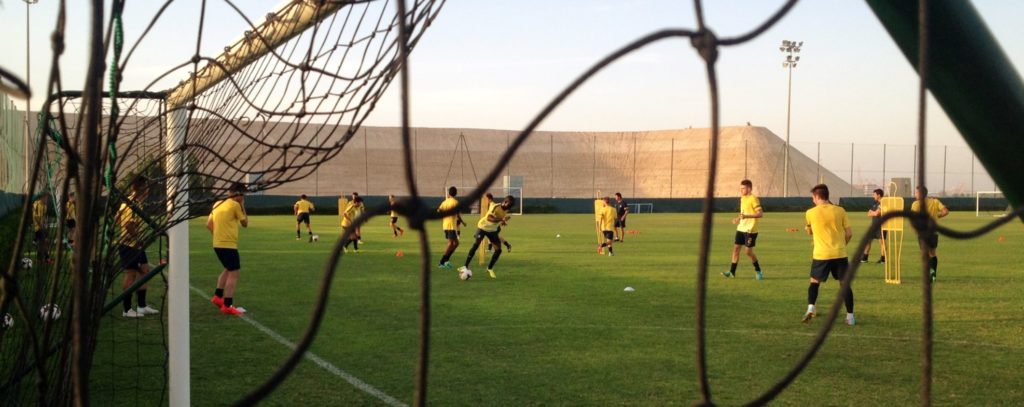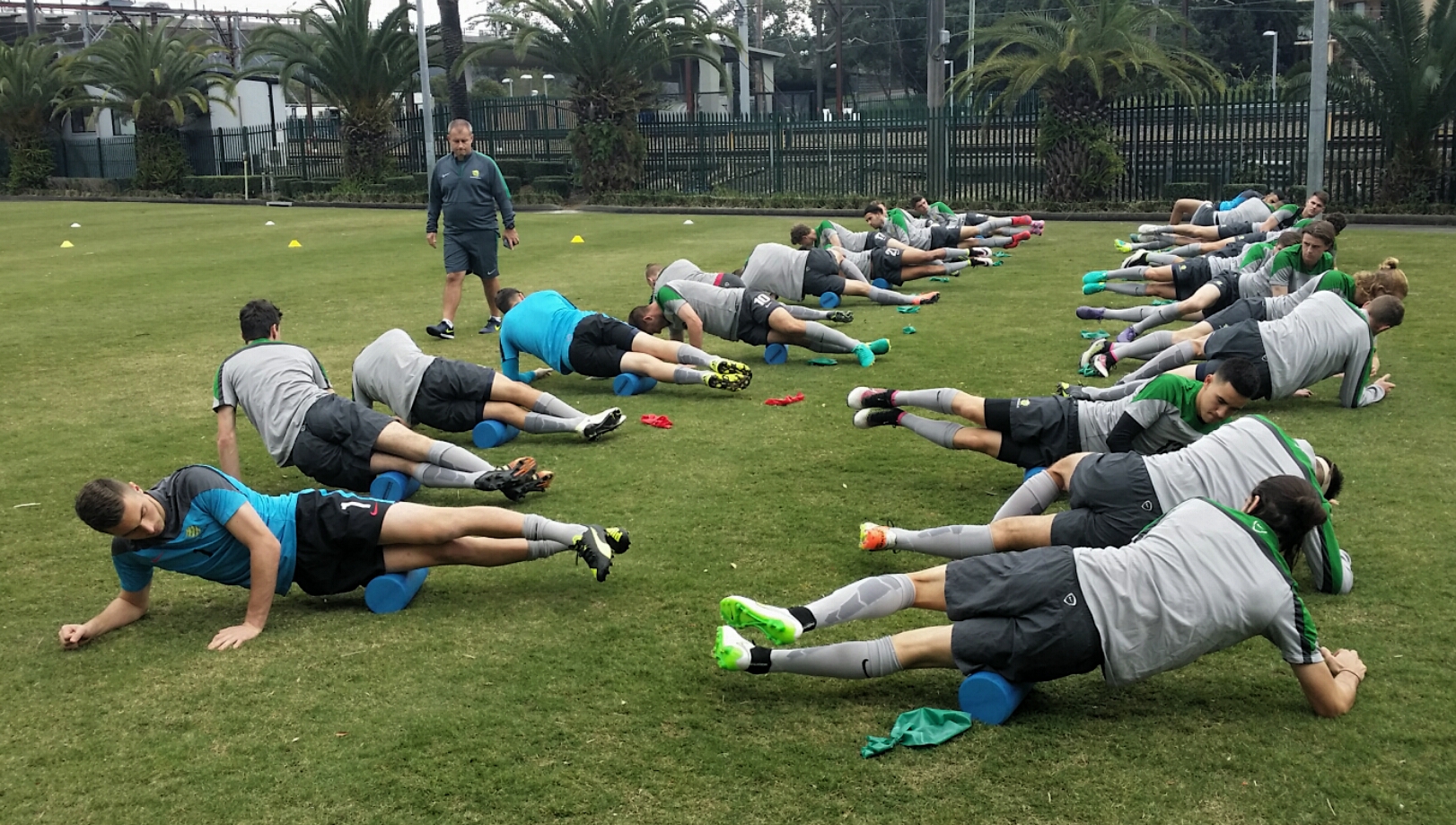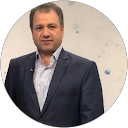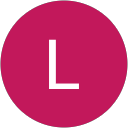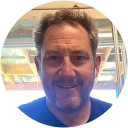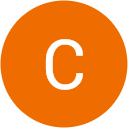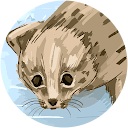Jubilee’s Physiotherapists travel all over Australia and throughout the world looking after athletes and sporting teams.
It is a wonderful opportunity to immerse yourself in the world of sports physiotherapy, experience different cultures and develop friendships.
So what do physiotherapists do when they are on tour?
Before You Leave
The amount of work performed in preparing for a tour, often exceeds the actual work performed when you are away!
Most tours are part of a bigger program and qualification process, such as a World Cup, Asian Cup or Olympic Games. The qualification process for such events often runs over 2-4 years.
At the commencement of a qualification campaign the coaching staff identify players who they believe may feature during the campaign. This list can contain as many as 70 players and is known as the Extended Squad.
Once a player has been identified and included in the Extended Squad they are placed on an athlete monitoring system. It is the role of the physio to monitor the data entered by the player. The information collected mainly relates to a player’s fitness status and general well being. Each week the physio generates an Injury Status report which goes to the coaching staff so they are aware of who is fit and ready to play and who is injured and unavailable.
As a tour approaches this information on injury status becomes critical as coaches start to reduce the number of players on the Extended Squad list and decide on the final squad to take on tour.
Before the final squad is announced a meeting will often take place between the coaching staff, medical staff, sports science staff and administrative staff to discuss the make-up of the final squad where a player’s fitness status is an important consideration. During this planning meeting other aspects of the tour will also be discussed and each person’s role and responsibilities will be clarified to ensure everything runs smoothly whilst away.
Did I Forget Something?
Some tours can last as long as 5 weeks and you need to be careful not to assume that the medical supplies that you can easily purchase in Australia will be available in some of the remote parts of South-East Asia. So it is the physios role to check what stock is in the kit, and what additional stock needs to be purchased. Where possible we will try and purchase as many of our supplies locally in the country we visit to minimise the cost of excess baggage. Depending on where we travel to, the ease with which we can access supplies, the climate and the duration of the tour all affect the makeup of the kit.
What Do You Mean It’s Not A Hilton
Often times the accommodation is supplied and paid for by the host nation. Whilst the standard of hotel is generally good, it might not tick all the boxes that would be standard in Australia or that ensures smooth operation during the tour. Once the accommodation is allocated the physio will generally do a lot of research on the hotel and surrounding area. Important things to find out include:
- Does the hotel have Wi-fi
- Does the hotel have a pool for recovery
- Does the pool close on certain days
- Are there any cultural rules to consider when using the pool
- Is there a gym for rehab
- Can the hotel supply the volume of ice required on a daily basis. (Typically we go through 50kg of ice per day, some hotels can’t supply this)
- Where is the closest hospital in case of emergency or x-rays
- Are the streets around the hotel safe for pedestrians
- Can we drink the local water
- Where is the nearest coffee shop!
Almost Ready To Go
Once the squad is announced a letter is sent to the medical staff of the players’ club. This letter asks about the players fitness status and whether or not the are currently injured, have any recent injuries and what specific physiotherapy needs they have. Once this information is returned a management plan is put together for each player and the squad. The medical staff will then meet to discuss the squad so everyone is on the same page. Any significant concerns are relayed to the coaching staff. In return the coaching staff will generally provide a blueprint for the training schedules for the entire tour and sports science will propose a workload schedule for the tour.
On Arrival
On arrival the priority is usually to feed the players and depending on the time of day let them get to bed. Before the medical staff sleep we will set up the medical room with all our equipment, and print out all our documentation.
Before the first training session every player in the squad has a medical screening done by one of the physios. Up to this point all the information we have about a player has either been provided by the players themselves or by their club. So, this is our first opportunity to examine a player and confirm the information that has been provided. With so many players playing overseas these days, each tour is an opportunity to gain information, develop relationships and promote injury prevention. From these screenings we compose a list of individual players requirements, who needs to be taped and if there are any special game day requirements we need to make sure we cover. The findings of the initial assessments are then presented to the coaches, hopefully to confirm that all players are fit to commence training.
Rise And Shine
Typically our day starts at around 7.00am. The first job is to check any emails that have arrived from Australia overnight. These days we collect a lot of data and send some of it back to Australia for analysis. Overnight reports are generated which may affect the decisions that are made for that day.
7.30-8.00: Monitoring and morning Medical – All players are required to answer questions about how they are feeling and if they have any injury concerns on an App. After entering their data they come to the medical room where they are weighed and a sample of their urine is analysed to make sure they are hydrated. This is particularly important in the hot and humid conditions in Asia
8.00-8.30: Once all the morning monitoring information is gathered a report is generated and sent to the coaches to let them know how the squad is going and if there are any concerns about fatigue. This allows them to start planning the training session for the day depending on the number available to train.
8.30-9.15: Breakfast
9.15-10.45: Treatment. From the morning medical we have generated a list of players who we need to see for treatment. This might include treating a new injury, continuing treatment on an existing injury or commencing an injury prevention program.
10.45-11.45: Recovery/Injury Prevention: Depending on the stage of the tour, the physios will normally take the squad for an extra recovery session. Once we are in tournament mode and playing every few days, recovery is critical in preventing injuries and improving performance. These sessions might include a pool recovery, ice baths, a pilates session or even a foam rolling session
11.45-12.30 Coaches meeting: At this meeting we discuss with the coaching staff any injury concerns, which players will require modified training and what the plan is for recovery that day. The coaches will outline the training session plan and ask any questions regarding injured players.
12.30-1.45 Lunch
1.45-3.15 Treatment
3.15-3.45 Strapping. Any players who need to be strapped for training come to the medical room to have this done. This is also the time that we pack a bag to take everything we need for training and organise ice for injuries.
4.00-6.00 Training. At training the physios will run the injury prevention component of the warm up. This is a 15 minute session to ensure that the muscle and nervous system is ready to commence training. It includes work with foam rollers and therabands. Any players on modified training will then stay with the physios who will control their training session in terms of duration, intensity and activities. Once training has concluded one physio will take the players for a warm down while the other physio will go around the squad checking for injury concerns and making appointments for treatment later that night.
6.30-7.00 Recovery. On arrival back at the hotel the physios will take the squad to the pool for a recovery session. This session will last around 20 minutes and include dynamic movements, stretching and sometimes swimming.
7.00-7.45 Dinner
7.45-10.00 Treatment. This is the last treatment window for the day. Any player who had a concern at training will be assessed and treated as well as those who may require a second treatment session for the day.
10.00-10.30 Medical Meeting. The medical team meet to discuss those players that have been seen that day, develop a management plan and then generate a report for the coaches so they can plan for training the following day. It is also an opportunity to discuss any other concerns and make sure that the whole medical staff has knowledge on all players.
Home Sweet Home
Once a tour is completed there is usually not a lot of time before players leave and return to their clubs. Because clubs want to plan for their upcoming games it is important they are quickly informed about the fitness status of their players. Initially each club receives a text message which indicates that their players are returning in good condition. This allows them to make preliminary decisions about the player before they receive a comprehensive discharge report which arrives within the next 48 hours and outlines the players complete participation in the tour.
Touring with a team as a physio is a wonderful experience. Whilst there are long days, little opportunity to enjoy the local sights and a host of local cultural challenges to overcome the rewards are great. You get to work with a dedicated group of athletes and colleagues in places you never thought you would ever visit. And whilst the experience is wonderful there is nothing like coming home.

